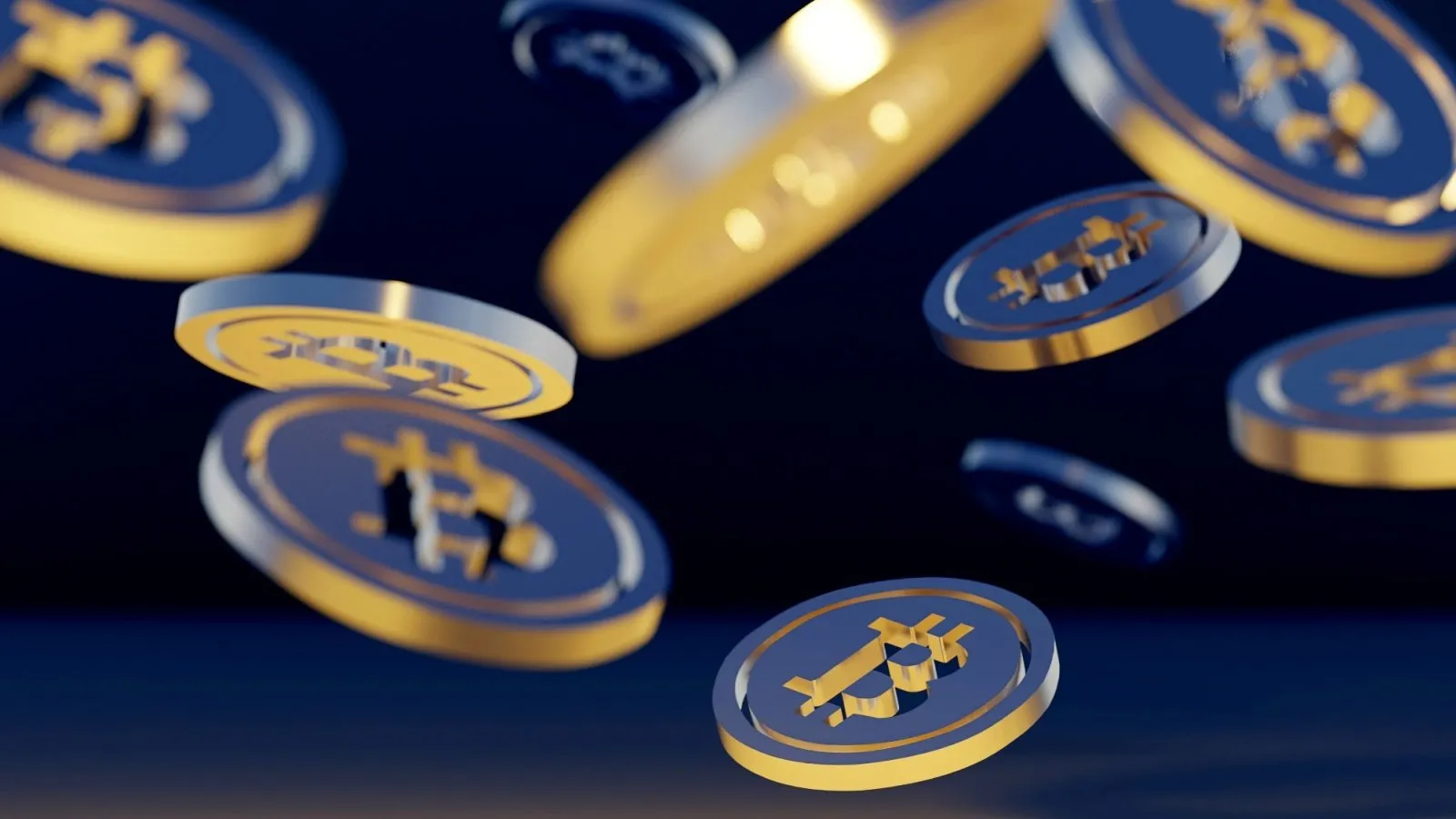Another week, another Swedish lawmaker pushing Bitcoin into the national spotlight.
On Monday, Dennis Dioukarev, a Member of the Riksdag representing the Sweden Democrats, submitted a formal question to Finance Minister Elisabeth Svantesson, proposing a national strategy to accumulate Bitcoin through confiscated assets.
“This is a trend seen in many countries,” he wrote, referencing the U.S. government’s move to establish a strategic Bitcoin reserve using seized funds. “Is this something that the minister and the government are considering?”
Today I submitted a question to the swedish minister of finance @ElisabethSvan regarding a strategic bitcoin reserve for the centralbank. pic.twitter.com/Wogil1Camj
— Dennis Dioukarev (@DennisDioukarev) April 14, 2025
Dioukarev’s proposal follows a similar call from MP Rickard Nordin, who on April 8 urged the same minister to rethink Sweden’s conservative approach to its reserves in light of Bitcoin’s growing importance globally.
“Several international players regard Bitcoin as a custodian and a hedge against inflation,” Nordin noted. “It is also an important way for freedom fighters to handle payments when under the oppression of authoritarian regimes.”
The twin proposals mark a growing shift in Europe as lawmakers begin to reckon with Bitcoin’s geopolitical momentum.
In March, U.S. President Donald Trump signed an executive order to establish a national Bitcoin reserve, funded not through purchases but by retaining seized crypto assets.
The order authorizes the Treasury and Commerce Departments to explore budget-neutral ways to expand those holdings.
White House AI and Crypto Czar David Sacks said the order also sets up a distinct Digital Asset Stockpile made up of non-Bitcoin assets seized in legal proceedings.
Bitcoin abroad
Elsewhere, Czech National Bank Governor Aleš Michl has floated the idea of adding Bitcoin to the nation’s $7 billion in foreign reserves, calling it a strong “diversification” tool for the nation’s assets.
Italy, too, has seen support from some political circles for both public and private Bitcoin investment.
In January, Intesa Sanpaolo, Italy's largest banking group, purchased 11 Bitcoins for roughly $1 million, becoming the first Italian bank to invest in crypto directly.
But these developments clash with Europe’s broader stance. In January, ECB President Christine Lagarde dismissed Bitcoin as “unsafe,” saying, “I’m confident that Bitcoins will not enter the reserves of any of the central banks.”
As of now, Bitcoin is trading at $85,586.92, up 1.5% in the last 24 hours, CoinGecko data shows. The world’s largest crypto still remains 21.3% below its all-time high of $108,786, reached on January 20, ahead of Donald Trump’s inauguration as U.S. President.
Edited by Sebastian Sinclair

